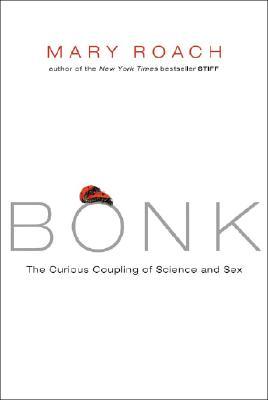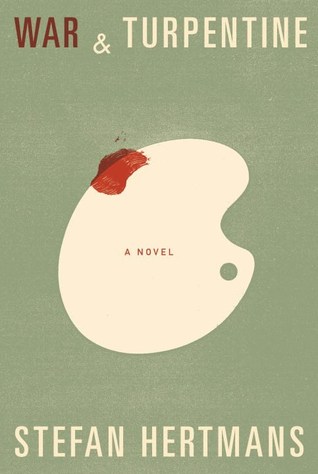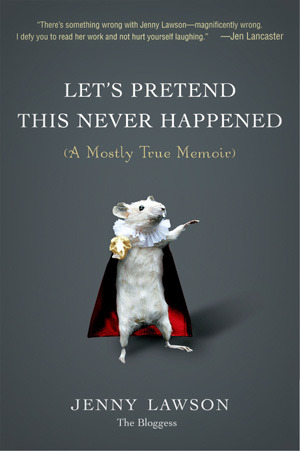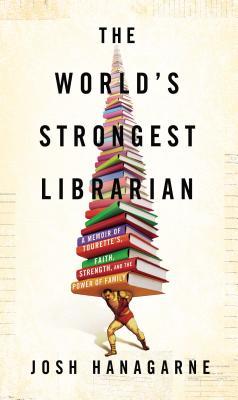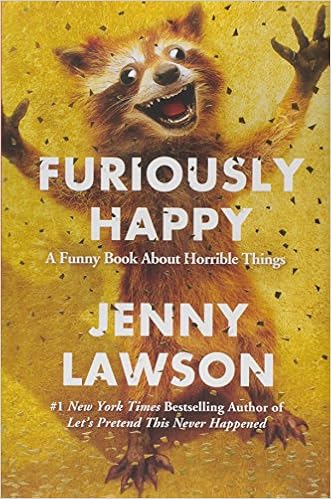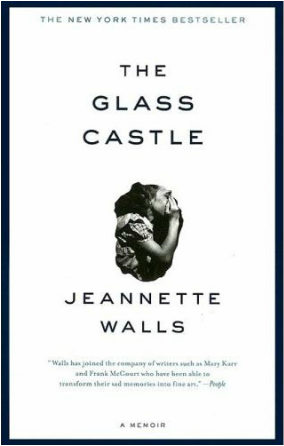 |
| Scribner |
Jeannette Walls
2005
The Summary
"The Glass Castle is a remarkable memoir of resilience and redemption, and a revelatory look into a family at once deeply dysfunctional and uniquely vibrant. When sober, Jeannette's brilliant and charismatic father captured his children's imagination, teaching them physics, geology, and how to embrace life fearlessly. But when he drank, he was dishonest and destructive. Her mother was a free spirit who abhorred the idea of domesticity and didn't want the responsibility of raising a family.
"The Walls children learned to take care of themselves. They fed, clothed, and protected one another, and eventually found their way to New York. Their parents followed them, choosing to be homeless even as their children prospered.
"The Glass Castle is truly astonishing--a memoir permeated by the intense love of a peculiar but loyal family."
The Good
It took me a long time to pick up and read The Glass Castle. Like literal months.
First, I wasn't sure I wanted to read a memoir. I was firmly entrenched in my romance novels and fantasy stories, and I didn't want to burst my own bubble by reading about the real world. Second, I'd never read anything by Walls and, if I'm being honest with myself, I wasn't sure I wanted to start reading her now. I mean, what if she was awful? I hated the idea of slogging through a poorly written memoir.
However, The Glass Castle is anything but poorly written. Jeannette Walls is a phenomenal writer. As I settled in to read, I discovered she had a compelling voice and an incredible story to tell. Her memoir tackles difficult subjects--like neglect, abuse, mental illness, homelessness, etc.--but Walls treats these things delicately. She recounts her life in such a way that you are able to see it through her eyes as she grew from a child to a young woman.
The Glass Castle is sad and tragic, but it's ultimately a compelling and hopeful story about survival.
The Bad
Read below. I have a bit of a spiel.
The Ugly
This book infuriated me.
Walls is a wonderful writer and her memoir is insightful, thoughtful, and incredibly fascinating; however, I wanted to argue that this was not a memoir about "the intense love of a peculiar but loyal family." I didn't see loyalty (except between Jeannette and her siblings) and I didn't see love and I didn't see a quaint, peculiar little family; I saw intense neglect, if not outright abuse, and child endangerment and alcoholism.
I understand Walls loved her father and I understand that her father, as much as he was capable, loved his children. However, I thought both her father and her mother were selfish, neglectful, and thoughtless to the health, well-being, and safety of their children. I have only to point out that the first chapter that Walls was severely burned as a child while trying to cook her own food. She was hungry and her mother wasn’t going to make her anything, so she did it on her own. She couldn’t have been more than five.
Or then there’s the incident where she was flung from a moving vehicle. Accident or not, that’s just reckless endangerment and it could have killed her. Or there’s also the chapter where she speaks about digging old food out of the trash cans at school, so she wouldn’t starve. All the while, her mother was squirreling away food for herself and not bothering to feed her children when she obviously could.
I only saw loyalty between the Walls children. They protected and looked out for each other, they would help provide for the others; in fact, I imagine the only reason they survived their heinous childhood in West Virginia is because they stuck together. Even after their parents undermine them again and again, they stick together. Her sister escapes to New York first and then, one by one, they all manage to leave West Virginia--and their parents--behind.
Her father, no matter how much he professed to love his children, did not. I understand that some parents or guardians struggle to provide for kids; however, sometimes you have to make difficult choices to provide for your children. He could have sacrificed his pride and applied for federal assistance; they obviously needed it, so why wouldn't he ask for help? Instead, he would lie and cheat and steal, and then blow his money on alcohol and hookers.
And why couldn't their mother do the same? She could hold on to a job; in fact, she did for a little while. I know she didn't like it. No one wants to work at a job they hate, but, in order to provide for her children, couldn't she have kept a job long enough to put food on the table and start her search for a new job in the meantime?
Obviously not. That would require a sense of selflessness and empathy she didn't possess.
This book disgusted me on so many levels, and it infuriated me. I couldn't stand reading about how much Walls adored her father, only to have him disappoint her time after time. It's heartbreaking as she comes to realize that the Glass Castle--her and her father's shared dream--will never become a reality.
I only saw loyalty between the Walls children. They protected and looked out for each other, they would help provide for the others; in fact, I imagine the only reason they survived their heinous childhood in West Virginia is because they stuck together. Even after their parents undermine them again and again, they stick together. Her sister escapes to New York first and then, one by one, they all manage to leave West Virginia--and their parents--behind.
Her father, no matter how much he professed to love his children, did not. I understand that some parents or guardians struggle to provide for kids; however, sometimes you have to make difficult choices to provide for your children. He could have sacrificed his pride and applied for federal assistance; they obviously needed it, so why wouldn't he ask for help? Instead, he would lie and cheat and steal, and then blow his money on alcohol and hookers.
And why couldn't their mother do the same? She could hold on to a job; in fact, she did for a little while. I know she didn't like it. No one wants to work at a job they hate, but, in order to provide for her children, couldn't she have kept a job long enough to put food on the table and start her search for a new job in the meantime?
Obviously not. That would require a sense of selflessness and empathy she didn't possess.
This book disgusted me on so many levels, and it infuriated me. I couldn't stand reading about how much Walls adored her father, only to have him disappoint her time after time. It's heartbreaking as she comes to realize that the Glass Castle--her and her father's shared dream--will never become a reality.

